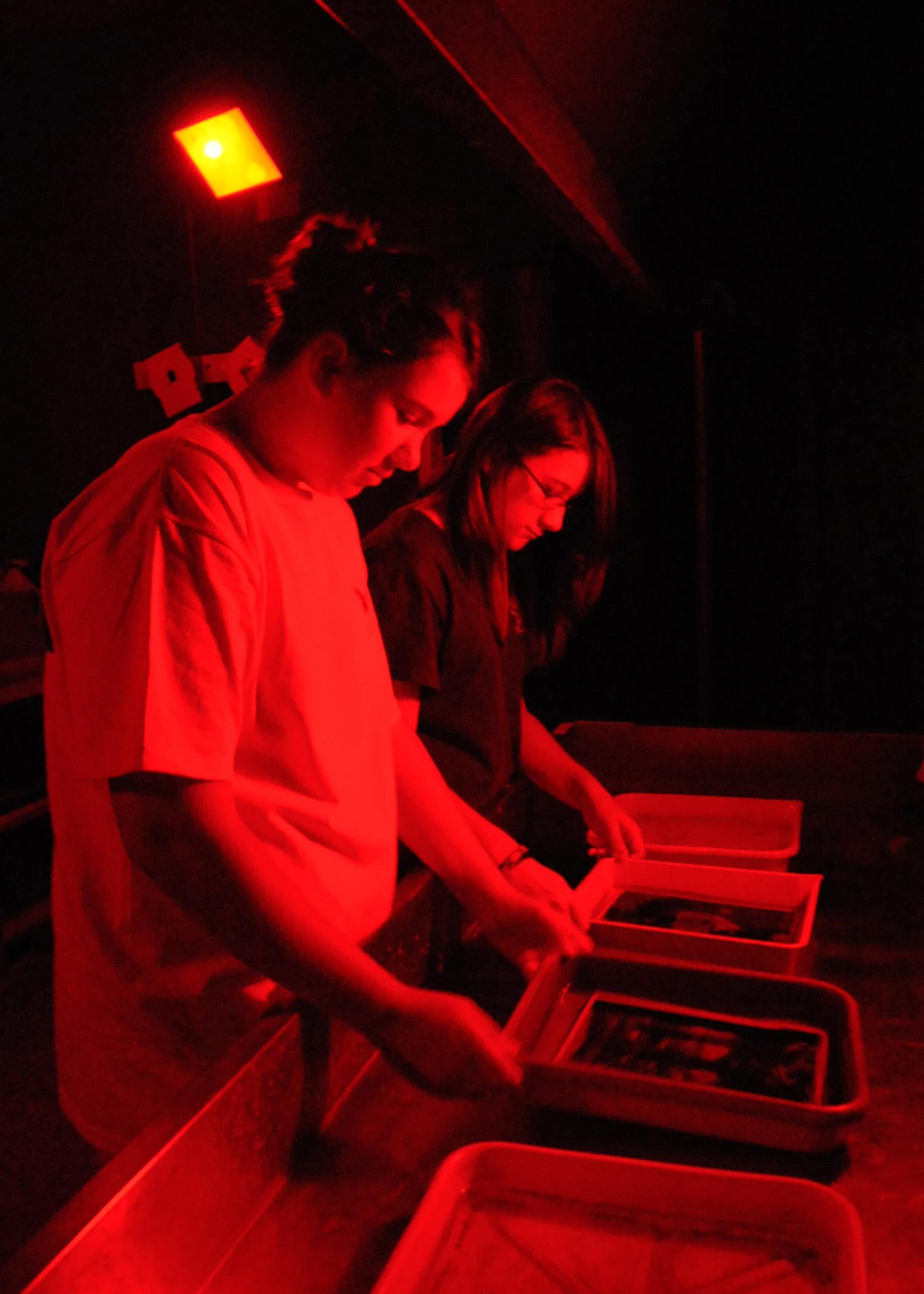Information Possibly Outdated
The information presented on this page was originally released on April 4, 2013. It may not be outdated, but please search our site for more current information. If you plan to quote or reference this information in a publication, please check with the Extension specialist or author before proceeding.
Study shows benefit of 4-H involvement
MISSISSIPPI STATE – Mississippi 4-H has annual in-service training and leadership development opportunities to maintain excellence among its leaders, giving participating young people the best opportunity to thrive later in life.
A recent study by the Tufts University Institute for Applied Research in Youth Development found 4-H succeeds at helping young people reach their full potential. 4-H, the youth development program of the Mississippi State University Extension Service, is supported by a team of professional staff and volunteers who train regularly to stay on top of their game.
“Mississippi’s 4-H professionals are determined to provide the best possible programming to the youth of our state,” said Paula Threadgill, associate director of the MSU Extension Service. “We continually train our volunteers to keep their skills fresh, and we strive to make every 4-H opportunity the best possible for our young people.
“We understand the importance of training up the future leaders of the state, so Mississippi 4-H does all it can to equip our adult leaders to be most effective with our youth,” Threadgill said.
Tufts University recently released results of a longitudinal study that began in 2002. The 4-H Study of Positive Youth Development continues today, surveying more than 7,000 adolescents from diverse backgrounds in 44 states. The study was funded by contributions from the nation’s land-grand universities, including MSU, and the National 4-H Council.
“The structured learning, encouragement and adult mentoring that young people receive through their participation in 4-H plays a vital role in helping them achieve future life success,” a report on the study stated.
When compared with other young people, those involved in 4-H were found to have a higher educational achievement, a greater motivation for future education and an increased commitment to community service.
4-H focuses on the head, heart, hands and health of young people in the program. These emphases seem to pay off in real-world advantages. According to the Tufts study, 4-H’ers -- regardless of their background, socio-economic status, ethnicity or gender -- are 3.4 times more likely to delay sexual activity by Grade 12 and have shown significantly lower drug, alcohol and cigarette use than their peers. They are also 2.3 times more likely to be physically active than their peers.
The research-proven advantages continue in school.
“Young people in 4-H report better grades, higher levels of academic competence and an elevated level of engagement at school,” the study found.
4-H’ers are nearly twice as likely to go to college and are also more likely to pursue careers in science, engineering or computer technology. Girls often fall behind boys in science classes, but 4-H girls are twice as likely as their peers to pursue science careers.
To keep these good results happening, Mississippi 4-H educates its professionals and adult leaders continually. So far in 2013, the Mississippi 4-H Volunteer Leaders Association met Feb. 22-23 to learn new leadership skills and techniques. From March 26-28, the state’s 4-H staff had three days of in-service training, and other training opportunities are offered each year.
Rae Oldham coordinates 4-H curriculum and 4-H professional development for the MSU Extension Service. She said the March training was a refresher course for those already working in 4-H, and those with new 4-H responsibilities were taught the requirements of a 4-H program.
“We looked at what makes up a club, program management, educational programming and volunteer management,” Oldham said.
Training continues throughout the year as needed or requested for county Extension staff.



